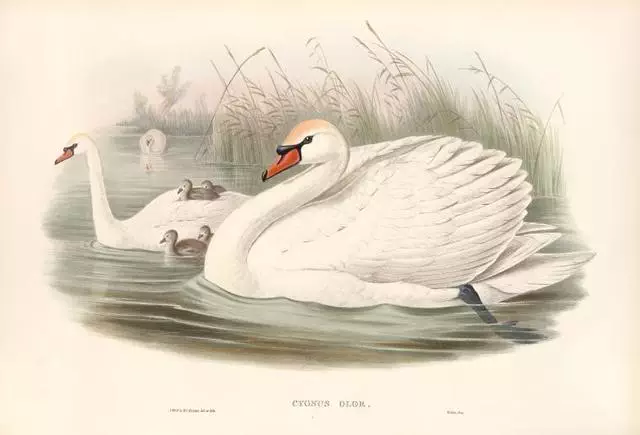The Untamed Majesty of Mute Swans
The Mute Swan is a graceful creature that is a common sight in the UK. From the tranquil lakes to the winding rivers and canals of Milton Keynes, these majestic birds proudly make their home. Their beauty and elegance are undeniable, and their presence has enchanted many. However, it’s essential to remember that whilst we adore these creatures, they are wild animals.
The Parks Trust receives an overwhelming number of calls from the public every year regarding the welfare of swans. These calls outnumber all other wildlife concerns combined. The reason for this is due to their size and conspicuous nature, but more importantly, it’s because of the deep affection we have for them. However, it’s crucial to understand that we should interfere with their natural habitats only when it’s the last resort and there is no other choice.
In early spring, pairs of Mute Swans build exceptionally large nests next to water courses or near open water. Though the swans have a natural protective instinct, some nests fail due to high levels of disturbance, either from people or other wildlife. The Parks Trust is limited in its resources to fence off every vulnerable nest, but the team works hard to install temporary signs to alert the public to the swans’ presence. It’s worth noting that it’s illegal to intentionally disturb any nesting bird as their nests are protected under UK law.
Furthermore, there has been a recent debate about feeding the waterfowl. It’s essential to understand that whilst we love to feed them, their digestive system isn’t geared to bread. Feed created explicitly for birds or chopped vegetables better replicate their natural diet and don’t have an impact on the natural environment. Modern bread contains salts and preservatives that have been linked to bone deformities in birds, and leftover bread attracts rats and causes increased algal growth in our lakes.
In conclusion, The Mute Swan is one of the UK’s natural treasures, and we should take every opportunity to respect and appreciate them. Their untamed beauty is best appreciated when we let them live their lives with minimum interference, allowing us all to view them in their natural majesty.
